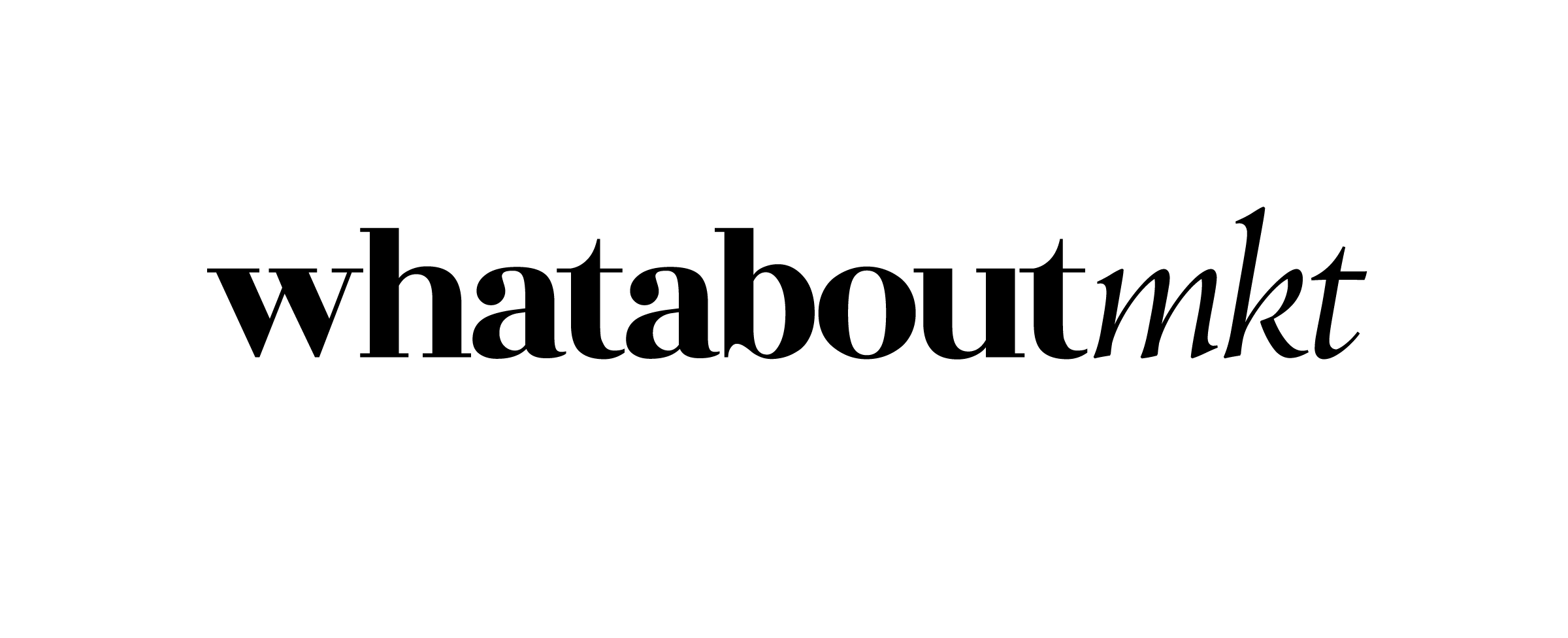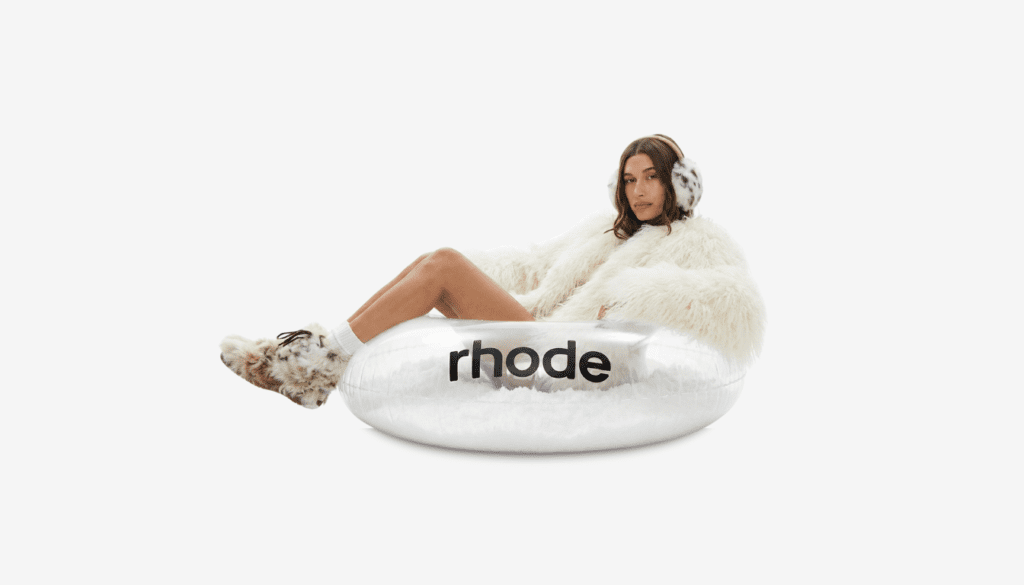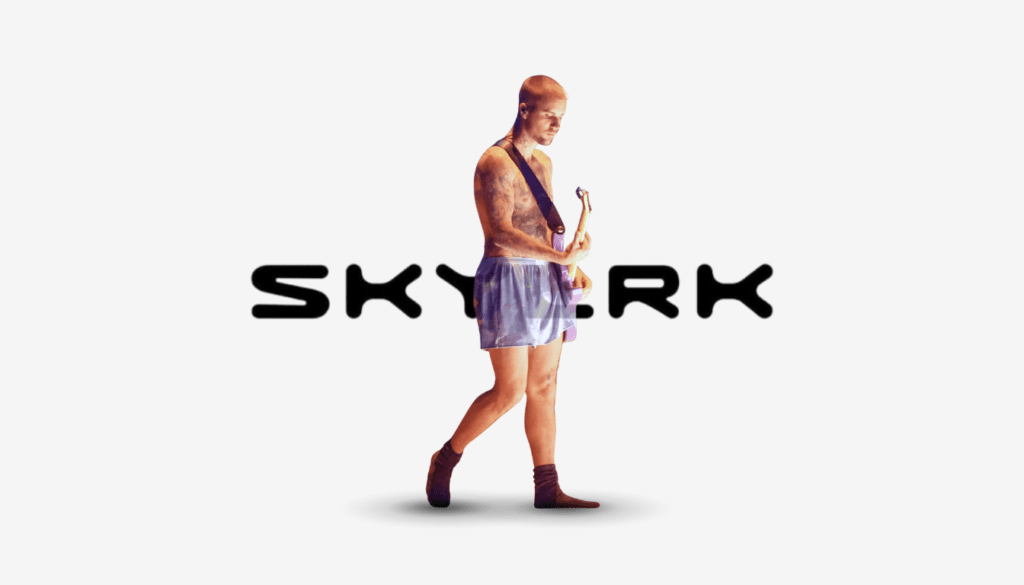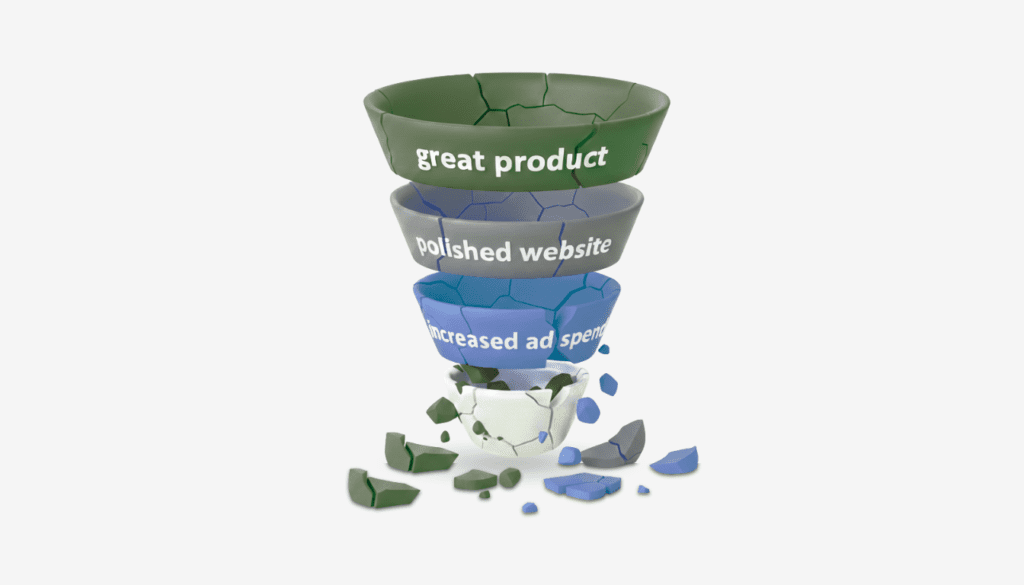IKEA is reshaping how consumers engage with furniture ownership through its products and extending their lifespan. The company’s latest venture, IKEA Preowned, a peer-to-peer resale platform, reflects a strategic fusion of sustainability and marketing designed to keep customers within its ecosystem while strengthening its brand identity. The initiative, currently being tested in Madrid and Oslo, allows customers to sell secondhand IKEA furniture directly to each other. Users who opt for IKEA credit instead of cash receive a 15% bonus as a reward for participating in circular consumption. This incentive promotes sustainability and subtly encourages reinvestment in new IKEA purchases.
Sustainability as a Marketing Differentiator
Sustainability has transitioned from a corporate responsibility checkbox to a defining element of brand strategy. For IKEA, this is not a recent pivot. According to its latest sustainability report, the company has made measurable progress in reducing its climate footprint, reporting a 12% decrease in emissions in 2023 compared to the previous year and a 22% decline from its 2016 baseline. Unlike many corporate net-zero pledges that rely on carbon offsets, IKEA has committed to cutting emissions directly, setting a 2050 target without offsets—an approach that strengthens its credibility in an era where consumers are increasingly wary of greenwashing.
However, the real genius behind IKEA’s sustainability efforts lies in its marketing. By positioning circularity as an accessible, everyday practice rather than an abstract environmental goal, the company integrates sustainability into its brand DNA. The “Multiple Lives” messaging surrounding IKEA products frames furniture not as disposable commodities but as assets meant to be repaired, resold, and reused. This narrative directly appeals to environmentally conscious consumers, particularly Millennials and Gen Z, who increasingly prioritize sustainability in their purchasing decisions.
Entering the Secondhand Market—On Its Terms
The secondhand furniture market is booming, with a projected annual growth rate of 6.5%. IKEA, one of the most resold furniture brands worldwide, is seizing the opportunity to formalize its role in this space. Platforms like eBay, Facebook Marketplace, and Craigslist have long been the go-to destinations for secondhand IKEA furniture. Still, with the introduction of IKEA Preowned, the brand is reclaiming control over its resale economy. This shift ensures that transactions occur within its ecosystem, allowing IKEA to maintain its brand integrity while fostering repeat engagement.
The financial implications of this strategy are significant. By offering a 15% bonus for customers who accept store credit rather than cash, IKEA encourages resale participants to reinvest in new purchases, creating a circular customer journey. This incentive-based approach drives revenue and enhances brand loyalty, turning sustainability from an abstract concept into a tangible consumer benefit.
The Power of Community-Driven Marketing
Beyond transaction facilitation, IKEA Preowned fosters a sense of community. Unlike third-party resale platforms where transactions occur in unregulated environments, IKEA’s model ensures trust and exclusivity by limiting participation to IKEA Family members. This strategy enhances security, encourages brand engagement, and strengthens the company’s and its consumers’ relationship.
Additionally, the initiative transforms sustainability into a social experience. When consumers actively participate in the resale of their furniture, they are more likely to share their experiences online, generating organic word-of-mouth marketing. This participatory approach aligns with the modern shift toward brand communities, where consumers feel like stakeholders rather than passive buyers.
Challenging the Fast Furniture Industry
IKEA’s resale initiative is more than just an environmental effort—it’s a direct challenge to the fast furniture industry. Traditionally, the affordability of IKEA products has positioned the brand in the same category as other budget-friendly furniture retailers, where product turnover is high and long-term durability is often questioned. By encouraging resale and repair, IKEA is reshaping this perception, differentiating itself from disposable furniture brands and reinforcing that its products are built to last.
At the same time, the initiative helps IKEA navigate the evolving landscape of consumer expectations. With younger generations increasingly rejecting mass consumption in favor of sustainable alternatives, brands that fail to integrate circularity into their business models risk becoming obsolete. By proactively addressing this shift, IKEA future-proofs its brand and strengthens its appeal to an emerging generation of conscious consumers.
The Challenges of Sustainable Branding
Despite this initiative’s advantages, IKEA must navigate several challenges in effectively marketing sustainability without falling into the trap of consumer skepticism. Greenwashing concerns have made consumers more critical of corporate sustainability claims, making transparency crucial. IKEA’s decision to publicly report its carbon footprint reductions and set quantifiable goals helps mitigate skepticism, but the company must continue demonstrating real progress to maintain credibility.
Another hurdle is consumer perception of resale quality. While secondhand marketplaces thrive in fashion, furniture resale still carries a stigma associated with wear and tear. IKEA must ensure its resale platform is perceived as a trusted space for quality preowned products rather than a bargain-bin alternative.
Additionally, the logistics of scaling the IKEA Preowned marketplace globally present a significant operational challenge. Consumer behaviors around resale vary by region, and regulatory considerations, such as product liability laws, could complicate expansion. Successfully navigating these factors will be key to ensuring that the initiative gains traction beyond its test markets.
The Bigger Picture: IKEA’s Long-Term Brand Strategy
IKEA’s circular economy initiative is more than just a sustainability effort—it’s a calculated marketing move that strengthens brand equity, deepens customer loyalty, and positions the company as a leader in the evolving retail landscape. By integrating sustainability into every facet of its business model, IKEA is meeting the expectations of today’s consumers and shaping the future of retail.
If successful, IKEA Preowned could redefine how brands approach resale, proving that sustainability and profitability are not mutually exclusive. More importantly, it cements IKEA’s status as more than just a furniture retailer—it becomes a brand that champions a sustainable lifestyle, ensuring that customers see their purchases not as fleeting transactions but as investments in a circular, eco-conscious future.









